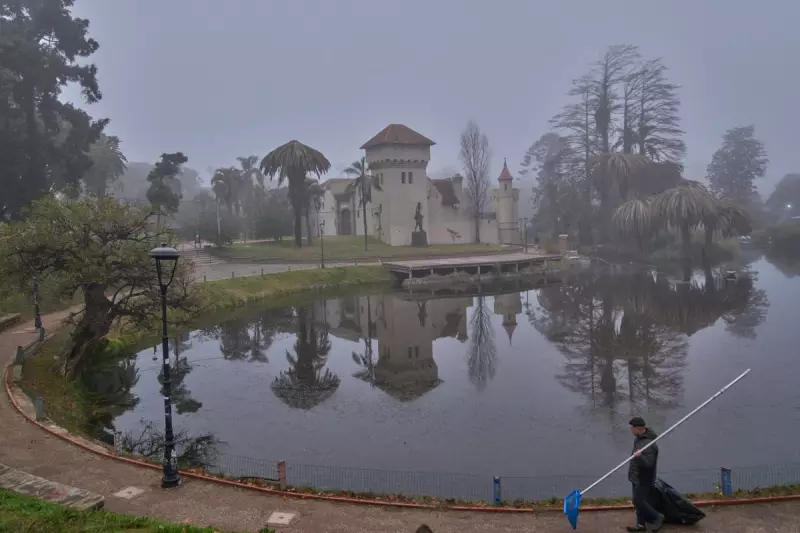
Uruguay's glamorous coastal city, Punta del Este, is renowned for its pristine beaches and luxury resorts. But beneath its glitzy surface lies a fascinating cultural phenomenon: a harmonious blend of Greek and Japanese communities that have shaped the city's identity.
An Unlikely Cultural Fusion
While Punta del Este is best known as a playground for South America's elite, few realise it's become a surprising meeting point for two distinct immigrant communities. Greek and Japanese settlers have created a unique cultural tapestry in this Atlantic paradise.
The Greek Connection
The Greek presence dates back decades, with many families establishing successful businesses in hospitality and fishing. Today, visitors can enjoy authentic Greek cuisine alongside traditional Uruguayan dishes in local tavernas.
Japanese Influences
The Japanese community arrived more recently, bringing with them their rich traditions. From sushi bars to martial arts dojos, their cultural imprint adds another layer to Punta del Este's diverse character.
A Model of Cultural Harmony
What makes this cultural fusion remarkable is how seamlessly these communities have integrated while maintaining their distinct identities. Annual festivals now celebrate both Greek and Japanese traditions, attracting visitors from across Uruguay.
This unexpected cultural crossroads serves as a testament to Uruguay's welcoming spirit and Punta del Este's ability to evolve beyond its reputation as merely a luxury destination.





